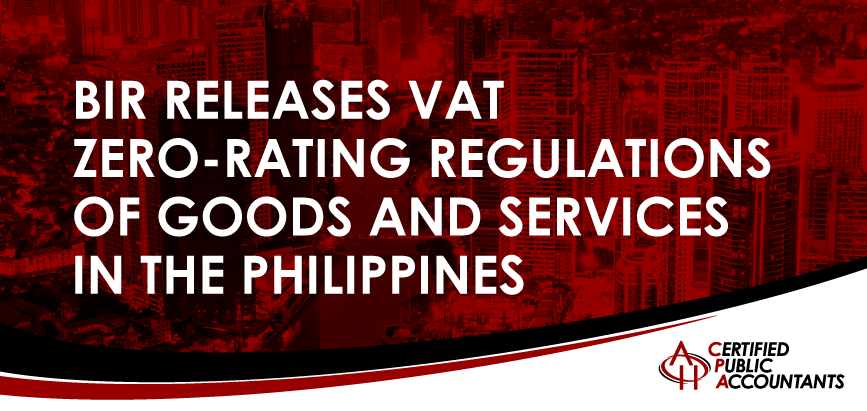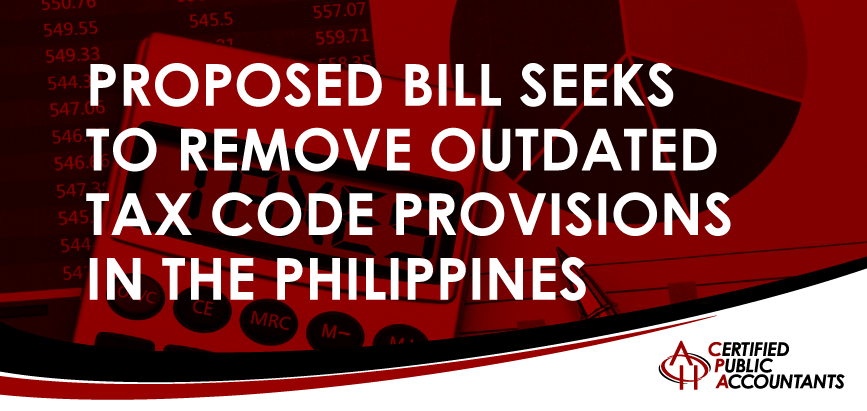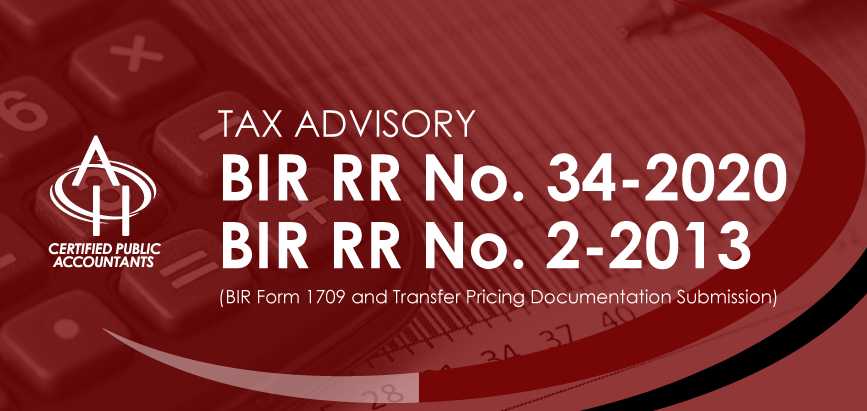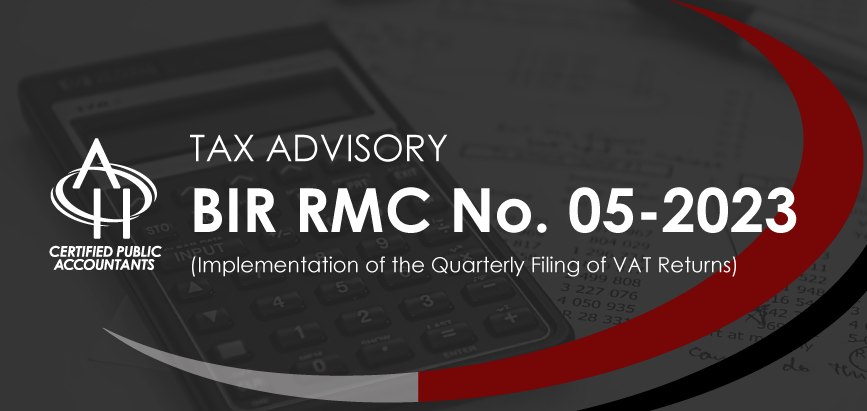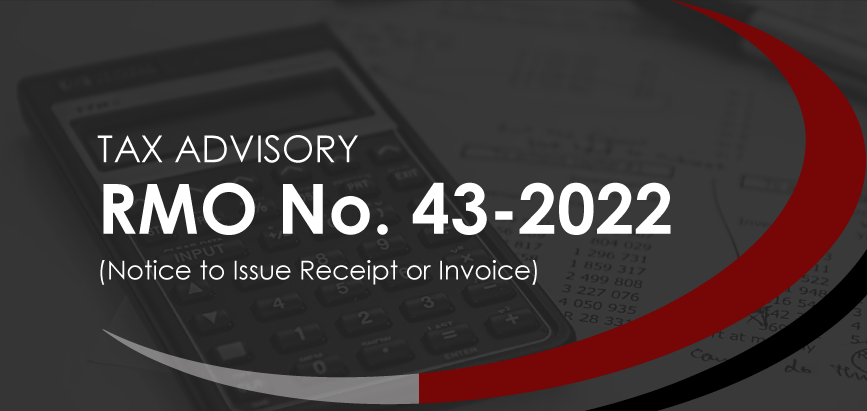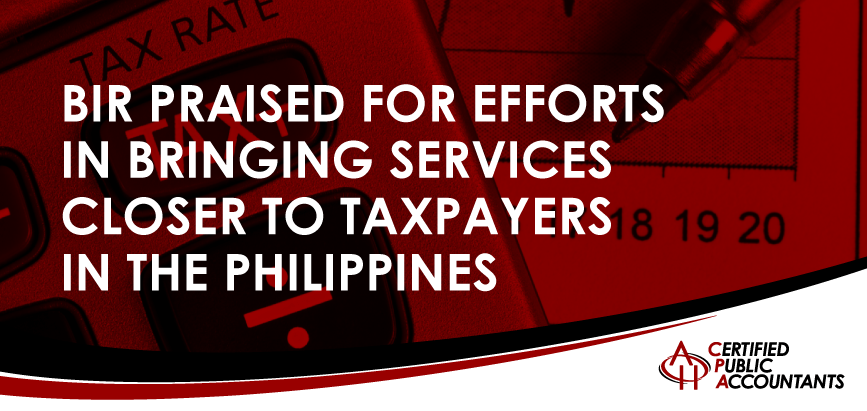The BIR announced regulations on VAT zero-rating which covers IT and business process management businesses.
Accounting in the Philippines
Annually, the Philippines conducts its tax rounds for businesses nationwide. Let’s take a deeper look into the Philippine Business Tax System.
The BIR’s eAFS system allows taxpayers to conveniently submit their tax filings online in only a few steps.
A proposed bill aims to abolish old tax code provisions to boost taxpayer compliance and government revenue.
Businesses operating in the Philippines are required to submit the required documents for their taxes. This article will discuss BIR form 1709 and TPD.
In its latest advisory, BIR implemented a new payment deadline under the amended subsection of RR No. 13-2018.
It’s almost the end of the year. Therefore, businesses and corporations are required to comply with the year-end tax compliance.
Recently, BIR released RMO No. 43-2022, requiring taxpayers and registered entities to comply with the new “Ask for Receipt” provisions.
BIR was lauded for its efforts in putting services closer to taxpayers in the Philippines
Businesses today are looking into fintech to help improve their financial capabilities. Here, we will discuss how using fintech can be beneficial for your business to grow.


